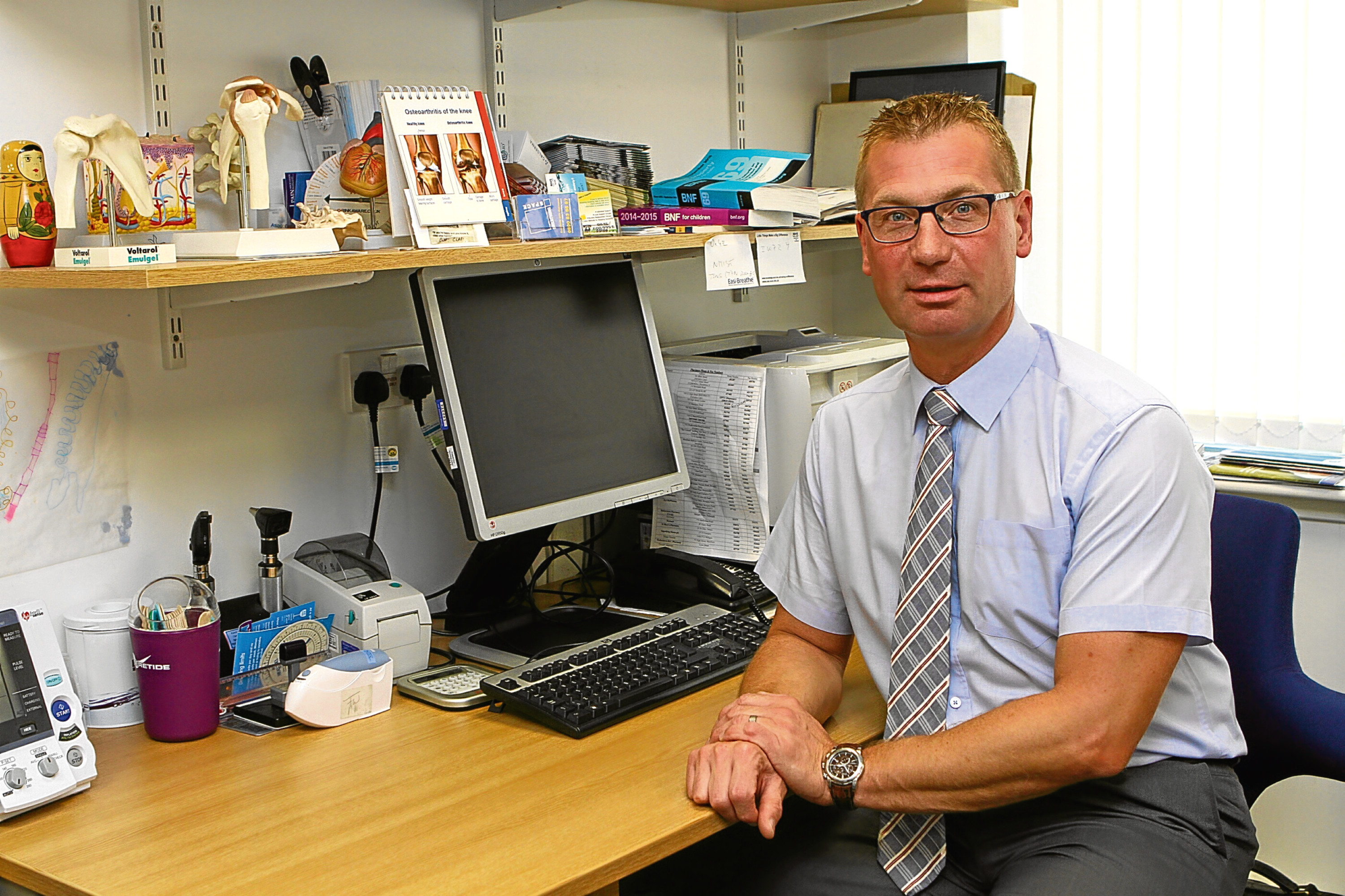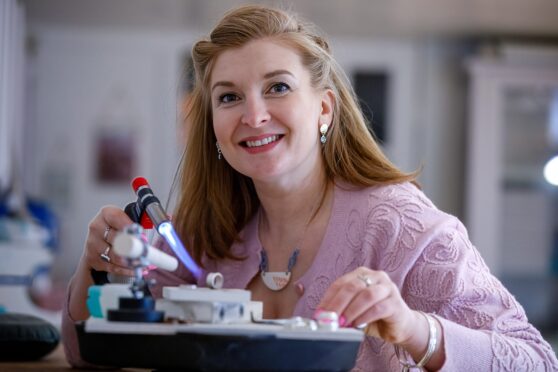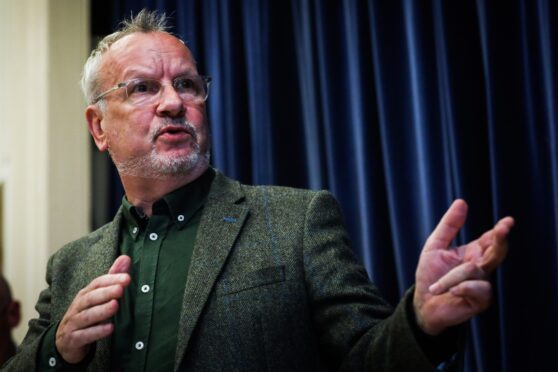He admits himself that the term ‘social prescribing’ is “unhelpful”, but Dr Frank Weber believes it is the key to improving the lives of many patients.
A dedicated team of link workers spends hours speaking to patients to craft individualised care packages that bear little resemblance to traditional medicine.
They have helped visitors to the Maryfield Health Centre, Dundee, in further education, volunteering and even jobs, helped them rekindle hobbies, find support and helped to end isolation.

The results for many patients – most of whom have mental health problems – have been a vastly improved quality of life and, for many, a reduction in their reliance upon medicine.
The concept of social prescribing is long established within the Scottish medical profession, but when the Scottish Government sought partners for a pilot project in 2009 only Maryfield answered the call.
Now the practice fields regular calls from doctors across Dundee and further afield, each keen to seek advice from Maryfield’s GPs and link workers and see if they can join in.
Three other city practices – Whitfield, Mill and Erskine – have since benefited from the efforts of the link workers, who are part of the Sources of Support project, tellingly abbreviated to SOS.
Dr Weber believes it is one of the most positive developments he has seen in his career and said he wished there was even more of it.
“For the first time in my dealings with some of these patients, I feel that I can offer them a little bit of hope,” he said.
“Often consultations can feel like a car stuck in the mud and you are left feeling as though you are helping to keep patients in a half-OK state.
“Through social prescribing suddenly everything seems to come unstuck and you can see that you are really helping them to feel better.
“It is not like medication is bad but often medication alone is not enough.”
Understanding the benefits of social prescribing has come slowly for some patients, with just 20% of patients referred to link workers actually engaging with them since the project started.
Now up to two-thirds engage and Dr Weber believes the evidence is there to show just how successful it has been.
“Some patients have said that without social prescribing they might not be here,” he said.
“Others said that in their wildest dreams they did not think they would be where they are now.
“That is particularly true of those who have been helped into education, into volunteering or moving on to a first job for many years.
“Some amazing stories have come out of it. With this we have seen miracles happen. As close as you can get for some patients, definitely.”










